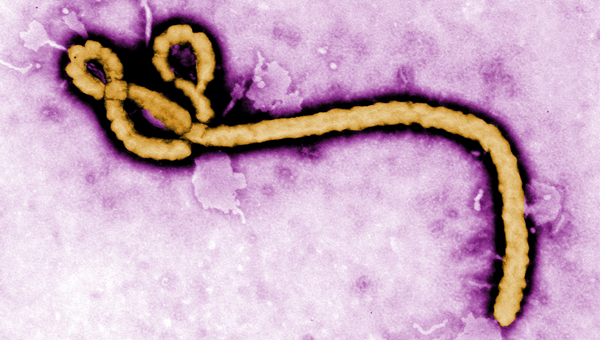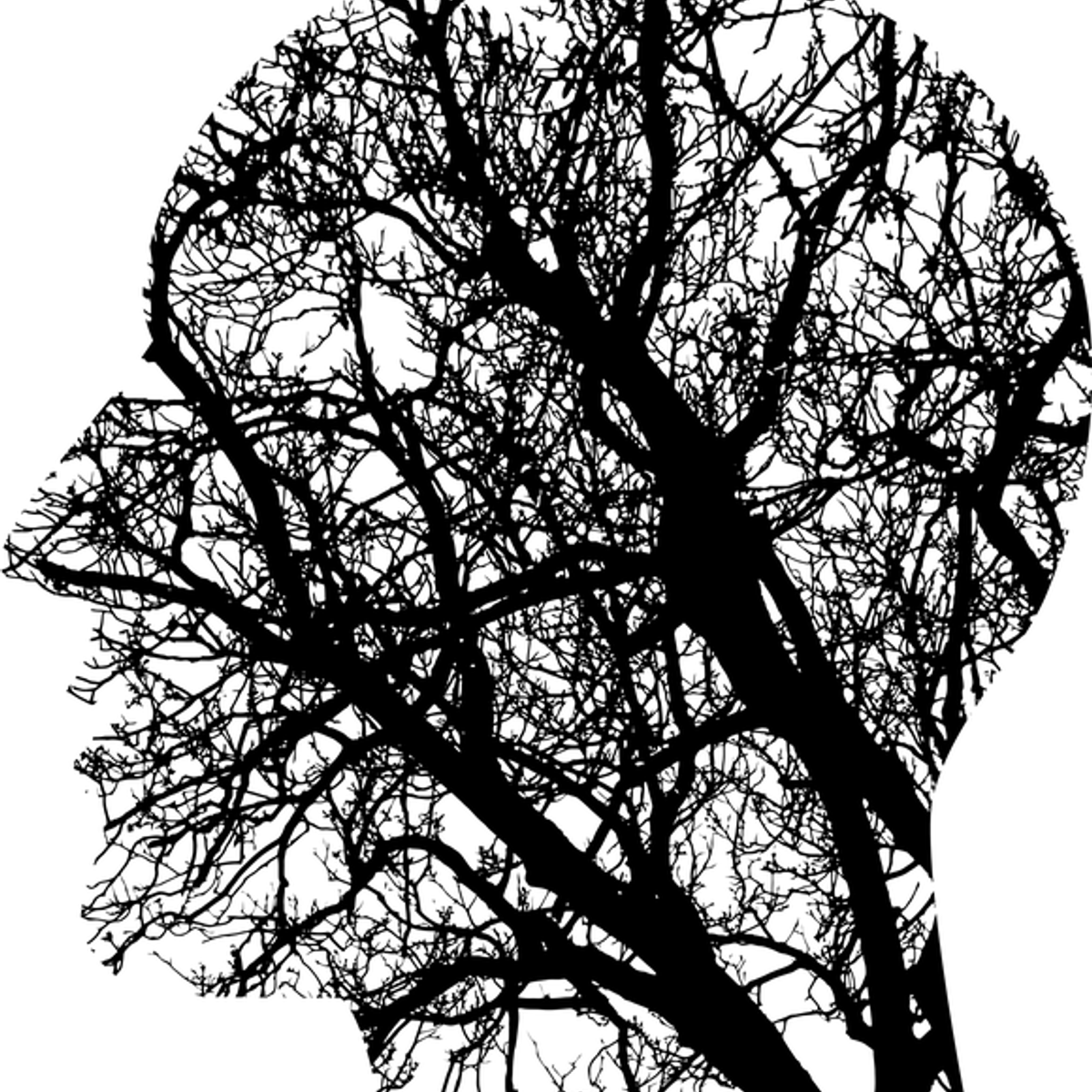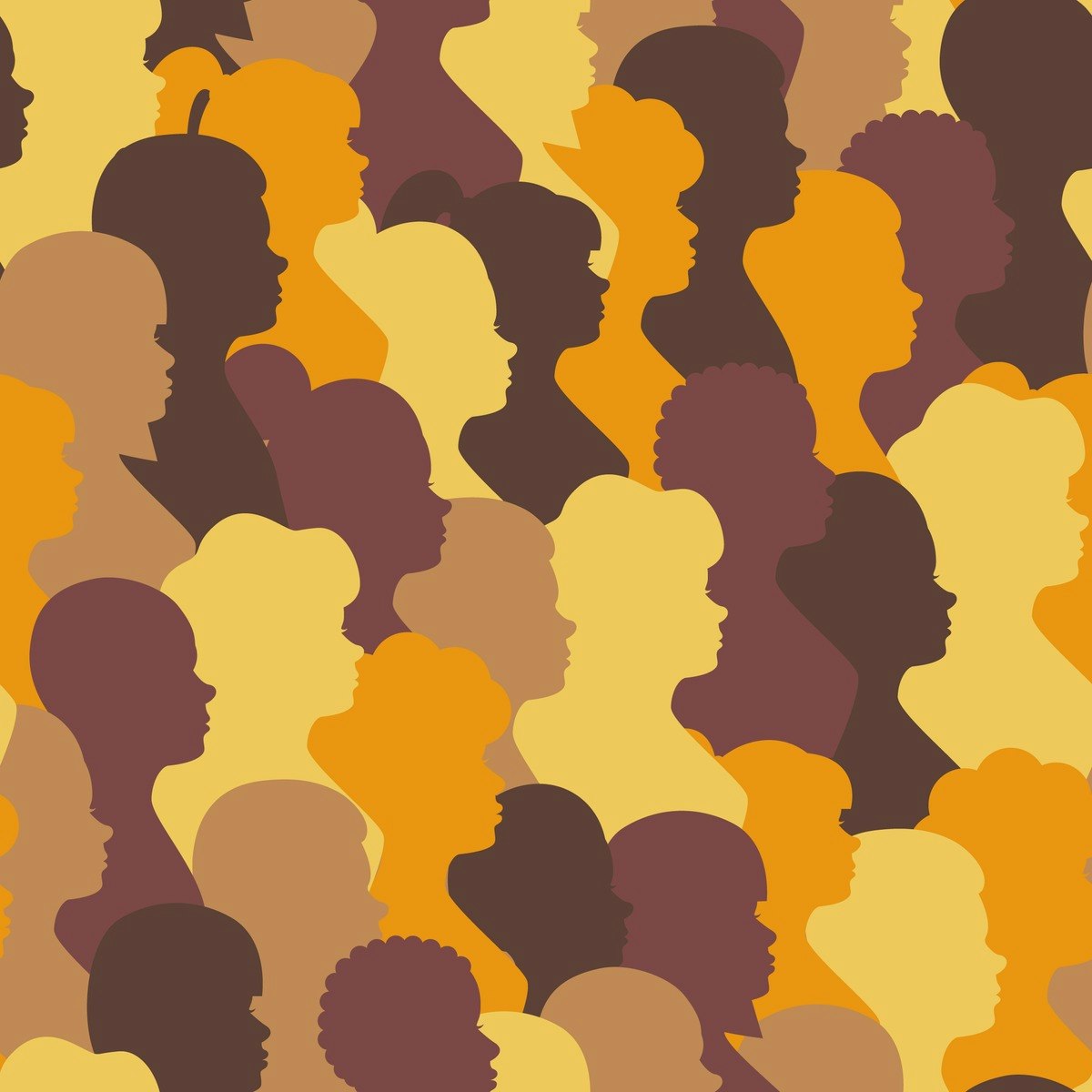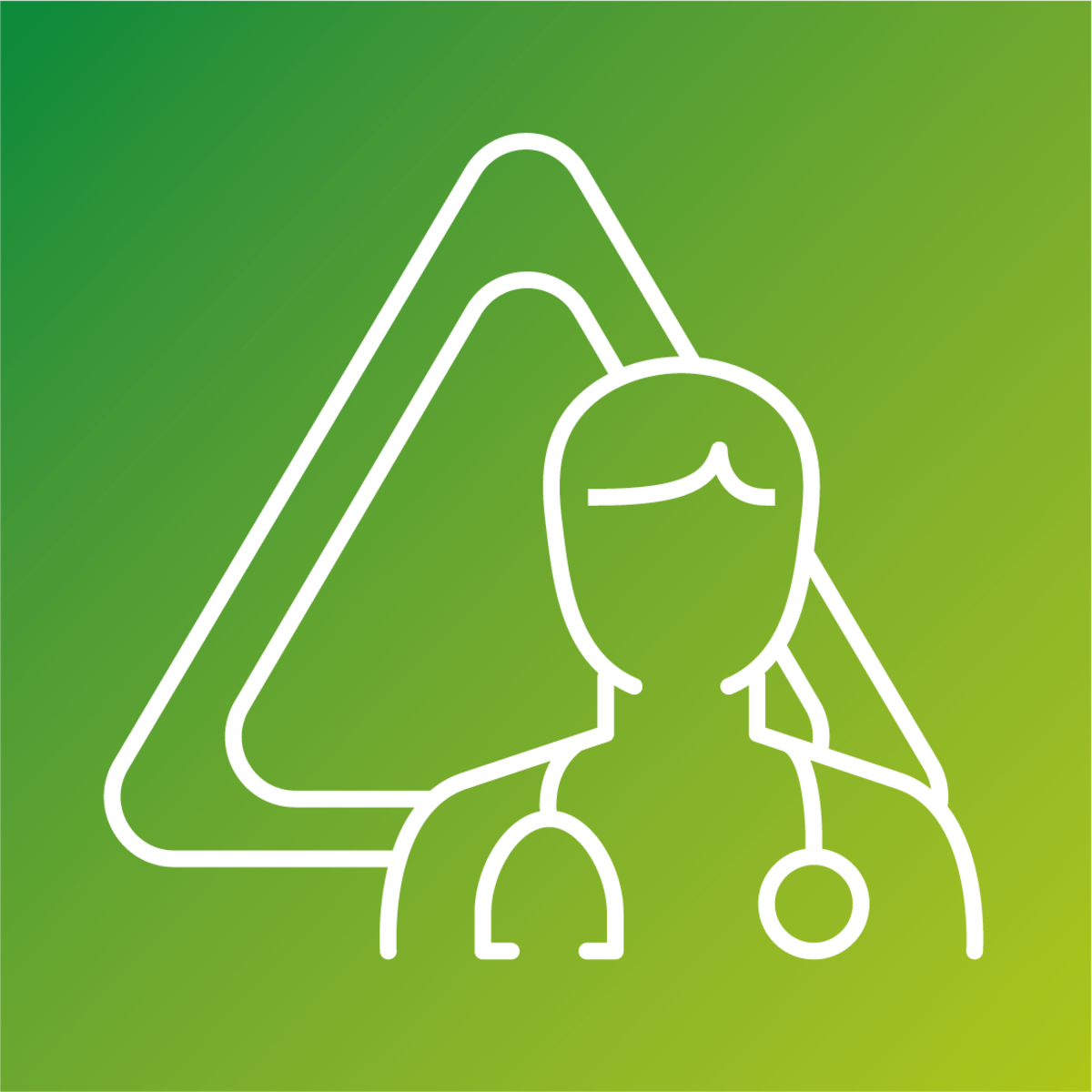Back to Courses









Life Sciences Courses - Page 19
Showing results 181-190 of 644
Positive Psychology: Resilience Skills
Learn how to incorporate resilience interventions into your personal and professional life with Dr. Karen Reivich. In this course, you are exposed to the foundational research in resilience, including protective factors such as mental agility and optimism. Several types of resilience interventions are explored including cognitive strategies; strategies to manage anxiety and increase positive emotions such as gratitude; and a critical relationship enhancement skill. Throughout the course, you will hear examples of individuals using resilience skills in their personal and professional lives. Suggested prerequisites: Positive Psychology: Martin E. P. Seligman’s Visionary Science, Positive Psychology: Applications and Interventions and Positive Psychology: Character, Grit & Research Methods.
Computational Neuroscience
This course provides an introduction to basic computational methods for understanding what nervous systems do and for determining how they function. We will explore the computational principles governing various aspects of vision, sensory-motor control, learning, and memory. Specific topics that will be covered include representation of information by spiking neurons, processing of information in neural networks, and algorithms for adaptation and learning. We will make use of Matlab/Octave/Python demonstrations and exercises to gain a deeper understanding of concepts and methods introduced in the course. The course is primarily aimed at third- or fourth-year undergraduates and beginning graduate students, as well as professionals and distance learners interested in learning how the brain processes information.

Wood Science: Beyond Building
The central question of this course: “why study wood?” If “why study wood” is the question, one answer would be that it is the only raw material available to us that is truly renewable in human life span terms. Wood is as important to society today as it ever was, despite the development of many man-made substitute materials, changing resource availability, and the changing needs of society. Some items on the list of wood products stay the same (lumber, plywood and veneer for building construction, furniture, shipping pallets & crates and other containers & packaging materials, railroad ties, utility poles, chemical feed stocks, etc), but the list also keeps changing to meet new needs and challenges as the resource changes.
In short, wood is a far more diverse, green, and renewable resource than you might have imagined. Join us to learn about the important role of wood in human history, civilization, and our future.
By the end of the course, learners will be able to:
- describe wood as a raw material and its critical importance to the world economy, and the lives of the people that make that economy work.
- identify the projected trend for wood consumption to continue to grow in the coming years, despite the image of wood as a "low tech" material.
- identify the ways in which wood's properties can lead to its efficient and sustainable use.
-identify wood's positive role in boosting the world economy and ability to lead to unexpected vocations.

Ebola Virus Disease: An Evolving Epidemic
Learn about the evolving Ebola epidemic and its various aspects including disease prevention, management and treatment, response to the epidemic, ethical considerations, and the post-Ebola global health landscape.

Introduction to Statistics & Data Analysis in Public Health
Welcome to Introduction to Statistics & Data Analysis in Public Health!
This course will teach you the core building blocks of statistical analysis - types of variables, common distributions, hypothesis testing - but, more than that, it will enable you to take a data set you've never seen before, describe its keys features, get to know its strengths and quirks, run some vital basic analyses and then formulate and test hypotheses based on means and proportions. You'll then have a solid grounding to move on to more sophisticated analysis and take the other courses in the series. You'll learn the popular, flexible and completely free software R, used by statistics and machine learning practitioners everywhere. It's hands-on, so you'll first learn about how to phrase a testable hypothesis via examples of medical research as reported by the media. Then you'll work through a data set on fruit and vegetable eating habits: data that are realistically messy, because that's what public health data sets are like in reality. There will be mini-quizzes with feedback along the way to check your understanding. The course will sharpen your ability to think critically and not take things for granted: in this age of uncontrolled algorithms and fake news, these skills are more important than ever.
Prerequisites
Some formulae are given to aid understanding, but this is not one of those courses where you need a mathematics degree to follow it. You will need only basic numeracy (for example, we will not use calculus) and familiarity with graphical and tabular ways of presenting results. No knowledge of R or programming is assumed.

Creating Behavioral Change
In this course you will learn about understanding and changing mental and physical health behavior. We will examine both the historical context and the current science. Major topics will include fundamental behavioral principles and basic elements of empirically supported individual treatments (e.g., motivational interviewing, cognitive behavioral therapies). Lectures and examples will illustrate both the theory and the practice of evidence-based approaches to behavior change. You will engage in a course-long behavior change experiment as well as brief quizzes. Please note: this course is designed to introduce you to a range of contemporary approaches to behavioral treatments; however, it will not provide the skills needed to implement psychological interventions with others (this requires years of graduate training) nor is it designed to address or resolve your own psychological problems.
For each module, students will complete 1 assignment related to their personal behavior change project and 1 quiz on the week’s material.

Kids with Cancer Still Need School: The Providers Role
This course will help you understand and address the challenges parents and families face regarding schooling after a cancer diagnosis.
When a child is diagnosed with cancer, families can be overwhelmed learning about and managing this new and frightening reality. As they adjust to the new normal of ongoing treatment, school may be the farthest thing from their mind. However, as their oncology health care provider, you have a critical role in starting conversations about schooling. Even for your youngest patients, it is important to talk with parents and caregivers about schooling issues early and often.
This course gives you easy access to Roadmaps that help parents learn and take action so their child can access schooling supports for which they are eligible.
The modules will give you the skills and resources needed in order to support parents to use the information provided in the parent-informed Roadmaps. We hope that completing this course will help you make small changes in your everyday practice that can make a big change in how well parents can advocate for their child's schooling needs.

Social Determinants of Health
This is an introductory course on social determinants of population health with a focus on the United States. The course will introduce you to, or reinforce your knowledge of, issues related to health that consider behavioral, psychological and structural factors in population health beyond the healthcare system. We will examine social, economic, and political factors that contribute to health inequalities and suggest innovative ways to reduce disparities in health when the goal is to achieve health equity.
This course will increase your awareness, knowledge, and understanding of issues related to behavioral, psychological, and structural factors that contribute to understanding population health and health inequities. We will discuss conceptual and methodological issues key to health professionals working towards achieving health equity to reduce health disparities at multiple levels of influence. There will be opportunities to practice skills involving cultural humility, deliberative dialogues and professional self-assessments.
By the end of this course, you will be able to:
Discuss the means by which structural bias, social inequalities and racism undermine health and create challenges to achieving health equity at organizational, community and societal levels

Structural Racism: Causes of Health Inequities in the U.S.
Racial health disparities - differences in health outcomes based on race - are rampant in the U.S., and many incorrectly assume these are due to differences in behavior or genetics. To understand these differences, and ultimately identify solutions to eliminate these disparities, we need to dig deeper and look at the root causes. We need to examine how our socio-political institutions have racial inequities embedded within their policies and practices. We need to re-examine history to learn how and why race was created and how it was used to advance the interests of whites. We need to examine how state violence is selectively used to reinforce racial inequities.
Learners in this course will be guided through these examinations in order to gain a deeper understanding of why health disparities exist in the U.S. and what will be necessary to eliminate these disparities. Answering questions pertaining to course materials will give learners the opportunity to self-reflect in an effort to deepen their thinking about health inequities.
Additionally, course assignments will give learners the opportunity to practice advocacy skills through the creation of writing products intended to convince decision-makers to change their perspective. To fix the problem we need to accurately diagnose it, and this course will help learners diagnose the root causes of the problem.
By the end of this course, learners will be able to:
- Describe the impact of structural racism on individuals.
- Identify policies and events that shaped current racial health inequities.
- Discuss how historical events contributed to current racial health inequities.
- Describe how inequities in institutions like schools, businesses, and policing contribute to current racial health inequities.
- Apply public writing strategies to work against racial inequities in health.

Health Systems Development: Health systems, Policy and Research
This specialization is intended for people interested in health systems and how they function. Participants will learn about the global health systems landscape and the challenges and opportunities to achieve better health outcomes.
This specialisation is divided into three courses which are offered as massive online open access courses (Courses 1-3), and a fourth course which is offered as part of the Online MPH degree (capstone). The Health Systems Development specialisation is geared toward learners who have no prior knowledge of health systems or those who are starting to explore this area of study. Overall, sessions in this specialisation span 16 week with approximately 96 hours of viewing learning materials per week. Formative assessments in the form of quizzes and activities are incorporated throughout the weeks to help learners gauge their level of depth of understanding and to prepare them for their summative assessments.
Participants will have the opportunity to explore a range of areas within health systems. The first course will introduce the main building blocks of health systems and shed some light on key components of well-functioning health systems including how health system performance is assessed. In course two, students will learn how to conduct a health impact assessment and how to assess the impacts of policies, plans and projects, as well as how that support decision-makers make choices regarding alternatives and improvements to prevent disease or injury and to actively promote health. The third course explores human resources for health and service delivery. In this course, students will learn about and analyse country experiences in transforming health services delivery, and interventions and to address human resources for health challenges at a global level.
By the end of this specialisation, learners should be able to identify key components of, and critically compare, different health systems; analyse country experiences in transforming services; and apply theoretical framework for assessing the health impacts of policies, plans and projects.
Popular Internships and Jobs by Categories
Find Jobs & Internships
Browse
© 2024 BoostGrad | All rights reserved